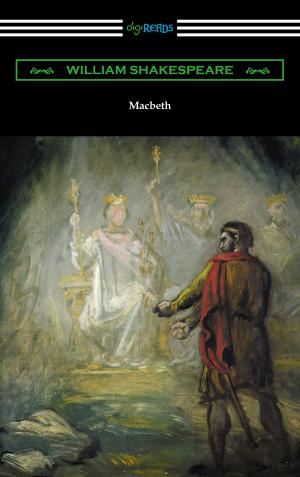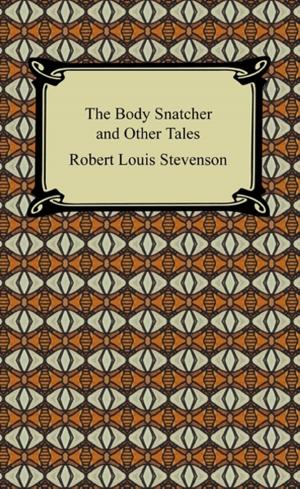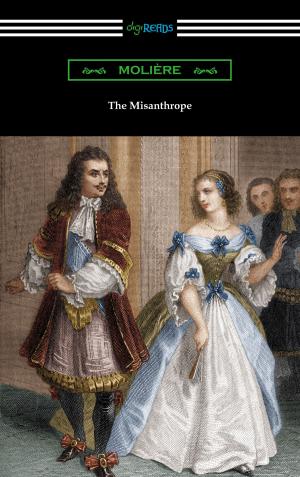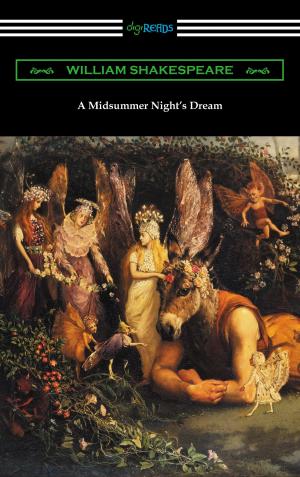Cynthia's Revels, or, The Fountain of Self-Love
Fiction & Literature, Drama, Nonfiction, Entertainment| Author: | Ben Jonson | ISBN: | 9781420916959 |
| Publisher: | Neeland Media LLC | Publication: | December 15, 2009 |
| Imprint: | Digireads.com Publishing | Language: | English |
| Author: | Ben Jonson |
| ISBN: | 9781420916959 |
| Publisher: | Neeland Media LLC |
| Publication: | December 15, 2009 |
| Imprint: | Digireads.com Publishing |
| Language: | English |
Benjamin Jonson (1572-1637) was a Renaissance dramatist, poet and actor, known best for his satirical plays and lyric poems. Jonson had a knack for absurdity and hypocrisy, a trait that made him immensely popular in the 17th century Renaissance period. However, his reputation diminished somewhat in the Romantic era, when he began to be unfairly compared to Shakespeare. Although Jonson attained a long and thriving career, the majority of his major works for which he is revered were produced between 1605 and 1620. Just prior to this heyday, in 1601 the playwright produced "Cynthia's Revels, or The Fountain of Self-Love," a sort of stepping stone towards his subsequent masterpieces. The play was part of the so-called Poetomachia, or War of the Theatres, between Jonson and playwrights John Marston and Thomas Dekker. The character Cynthia represented Queen Elizabeth, and the play was marked by violence and controversy in reflection of the queen's final reigning years.
Benjamin Jonson (1572-1637) was a Renaissance dramatist, poet and actor, known best for his satirical plays and lyric poems. Jonson had a knack for absurdity and hypocrisy, a trait that made him immensely popular in the 17th century Renaissance period. However, his reputation diminished somewhat in the Romantic era, when he began to be unfairly compared to Shakespeare. Although Jonson attained a long and thriving career, the majority of his major works for which he is revered were produced between 1605 and 1620. Just prior to this heyday, in 1601 the playwright produced "Cynthia's Revels, or The Fountain of Self-Love," a sort of stepping stone towards his subsequent masterpieces. The play was part of the so-called Poetomachia, or War of the Theatres, between Jonson and playwrights John Marston and Thomas Dekker. The character Cynthia represented Queen Elizabeth, and the play was marked by violence and controversy in reflection of the queen's final reigning years.















